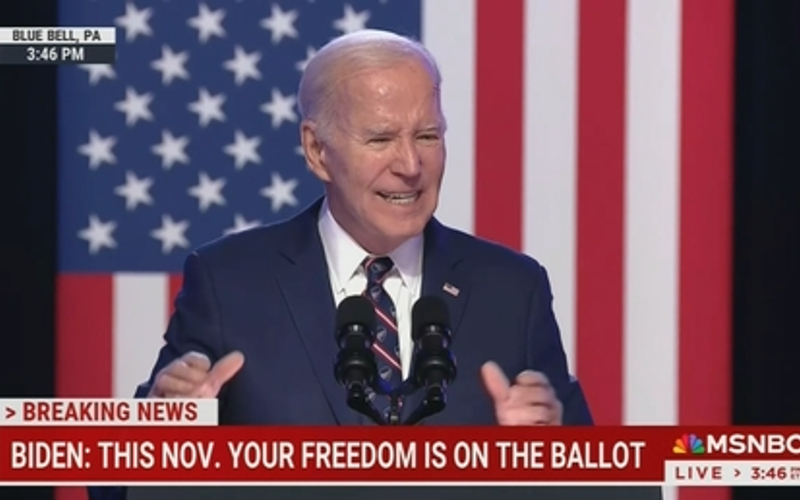Star Wars has become part of the culture going back to 1977, when George Lucas introduced his Western-inspired space drama with Luke Skywalker and Darth Vader. That ownership changed hands in 2012, when Disney bought LucasFilm, and then came a box office-smashing trilogy that began with “The Force Awakens” in 2015 directed by J.J. Abrams.
The successful trilogy introduced Star Wars fans to new Jedi heroine Rey, played by Daisy Ridley.
In a new 2026 film featuring Ridley as the female Jedi, Disney has announced the newest project will be led by Sharmeen Obaid-Chinoy. She is an award-winning journalist and documentary filmmaker best known for using film to shame Islamic radicals for acid attacks and honor killings that target women.
Thanks to social media, the new film director is criticized for stating, “I like to make men uncomfortable,” a comment that dates back to 2015.
 In a Twitter post reacting to Obaid-Chinoy directing the new film, Babylon Bee managing editor Joel Berry both praised her humanitarian work and criticized her hiring. Her comment about “making men uncomfortable” deserves to be understood in light of her work in Pakistan, he wrote, but she is a “terrible mismatch” for Star Wars.
In a Twitter post reacting to Obaid-Chinoy directing the new film, Babylon Bee managing editor Joel Berry both praised her humanitarian work and criticized her hiring. Her comment about “making men uncomfortable” deserves to be understood in light of her work in Pakistan, he wrote, but she is a “terrible mismatch” for Star Wars.
A related video clip is also circulating online from a CNN interview. Taped just weeks ago on New Year’s Eve, a CNN host excitedly points out Disney has hired the “first woman, and the first woman of color,” to direct a Star Wars movie.
“We’re in 2024 now,” the new director told CNN, “and it’s about time that we had a woman come forward to shape a story in a galaxy far, far away.”
That comment seemed to pour cold water on the late Carrie Fischer and on Ridley, but knowledgeable Star Wars fans pointed another slight. Many fans know that a female writer, Leigh Brackett, co-wrote the screenplay for “The Empire Strikes Back" and helped shape the end of the first trilogy.
Hollywood veteran Ted Baehr, publisher of the Movie Guide film review, says Disney and its new feminist director are in danger of limiting the audience and thus killing the box office totals.
“They need that audience, the church audience, so it's not good to alienate it," he says. "And they need men. Sixty-percent to 75% of the Star Wars audience are men."







